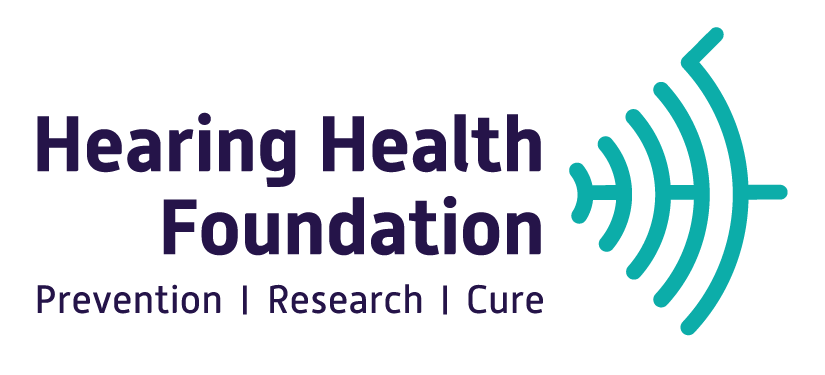Flatmap representation of the cerebellum with probability map of the right lobule VI delineation overlap across participants. Credit: Alho et al./Human Brain Mapping
Cerebellar differences in autism spectrum disorder (ASD) have long been observed, but their specific influence on language processing remains unclear. In a study by 2015 Emerging Research Grants scientist Hari Bharadwaj, Ph.D., and team, published in Human Brain Mapping in August 2023, scans produced using the brain imaging technique magneto-encephalography (MEG) were employed to monitor brain activity in both ASD and typically developing (TD) children.
During the study, the children listened to meaningful sentences in English and nonsense sentences, which the researchers called “Jabberwocky.” The Jabberwocky sentences used the same sounds as the English sentences and followed (English) rules about which sounds can appear next to each other, but rearranged all those sounds to make words and sentences that were nonsense.
Using MEG allowed for the precise mapping of activity in the cerebellum, leading the team to discover that ASD children, in contrast to TD children, did not exhibit distinct brain responses between meaningful and meaningless sentences in a particular cerebellar region known as lobule VI on the right side.
ASD children also displayed unusual patterns of brain connectivity. While processing meaningful speech, they showed weaker connections between right cerebellar lobule VI and various left hemisphere brain regions involved in sensory-motor functions and language. Conversely, when processing meaningless speech, they exhibited stronger connections between right cerebellar lobule VI and primary auditory areas.
The scientists found these connectivity patterns to be associated with the severity of ASD and the ability to control attention. These findings suggest that in ASD the mechanisms involved in processing speech, which encompass both the cerebrum and cerebellum, are influenced by atypical attention patterns, possibly stemming from differences in how the cerebellum manages timing and predicts auditory events.
This is adapted from the paper in Human Brain Mapping. A 2015 Emerging Research Grants scientist, Hari Bharadwaj, Ph.D., is an assistant professor of communication science and disorders at the University of Pittsburgh School of Health and Rehabilitation Sciences. His 2015 grant was generously funded by Royal Arch Research Assistance.









I currently work with a mouse model with hearing fluctuation and have a clinical protocol that is performing deep phenotyping of patients with hearing instability, including patients with Ménière’s disease.